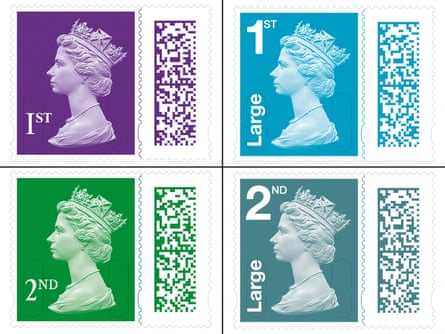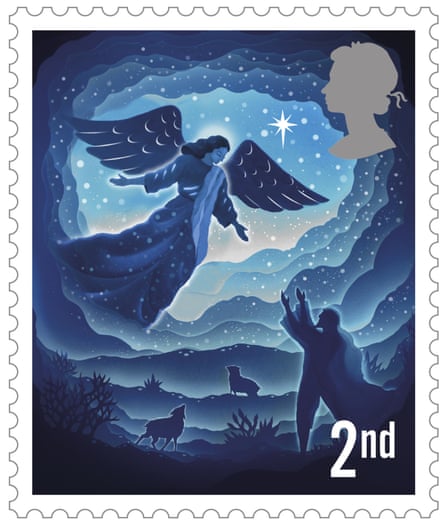Do you have a book of stamps in your wallet, purse or drawer at home? Maybe you have stockpiled them to avoid future price rises.
If so, you need to be aware that the official deadline for using up stamps without barcodes – notably the regular first and second-class “everyday” stamps featuring the profile of the late Queen – is getting closer.
After 31 January 2023, regular stamps without a barcode will no longer technically be valid for postage. So Royal Mail is encouraging people to use them up before then, or swap them for the new barcoded ones.

However, the good news is that after that date, for the first six months, mail posted with the “retired” stamps will be delivered as normal. “After this six-month grace period, an item with a non-barcoded stamp would be treated as if there is insufficient postage. Any item that has insufficient postage is subject to a surcharge,” Royal Mail says.
Unfortunately, you can’t just take your old ones to the nearest post office and swap them for new ones. You need to fill in a form and send them back to Royal Mail.
However, there is positive news for those people who bought a stack of Christmas stamps for their cards this year and still have some left – or maybe even have a lot left over from last year. Non-barcoded Christmas stamps will remain valid, so they can continue to be used after the deadline.
Royal Mail introduced barcodes to its stamps in February as part of what the company described as an extensive modernisation drive. If you have bought some recently you will have noticed they now have a barcode.
It says this new addition “will enable exciting new services by connecting physical stamps to the digital world”. They can be scanned by customers using Royal Mail’s app, enabling people to do things such as watch a video.
At the moment the barcoded stamps let people watch and share “exclusive” Shaun the Sheep videos, one of which has a Christmas theme (it involves the flock’s efforts to make sure Bitzer, the farmer’s dog, gets his fair share of Christmas cards this year).

In the meantime, people with “old” stamps should probably dig them out and try to use them. The ones that are affected by this are the standard “definitive” first and second-class stamps featuring the profile of the late Queen on a plain-coloured background, and those that show any other value and which are often used for parcels (1p, £1 and so on).
Royal Mail is not barcoding “special issue” stamps, which are those printed as a one-off to commemorate a person, event or anniversary. These remain valid for postage.
Your stamps can be exchanged for new ones through the stamp swap out scheme. This involves filling in a form and sending them off. You can print off the form, ask for one to be posted to you or pick one up from a post office.
When filling in the form and adding up the value of your stamps, the amount you write in the box is the value at the time you are filling in the form – that is, current Royal Mail prices. What you actually paid for the stamps when you bought them is not relevant, it says.
However, Royal Mail issued this plea: “Please do not try to exchange your stamps at your post office branch, as they will not be able to do this. You can only do this directly with Royal Mail.”
According to Martin Lewis’s MoneySavingExpert.com website, some people have stockpiled stamps in order to beat price rises, and in some cases have more than £1,000 worth.
Source link



